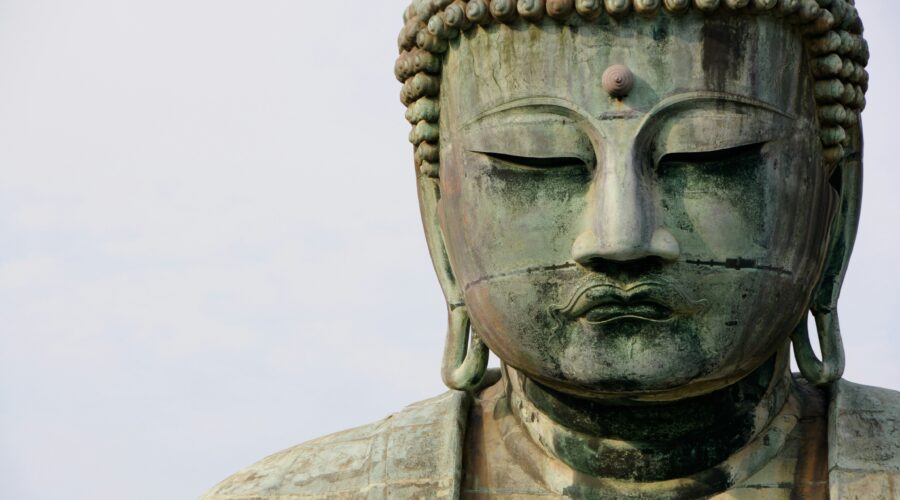India-Japan relations have for the most part had a solid …
India-Japan Relations: ‘Special Strategic and Global Partnership’

The magazine from the Society of International Affairs in Gothenburg

India-Japan relations have for the most part had a solid …

According to voices in the right-wing Norwegian Progress Party (FrP), …

Health, and access to healthcare in today’s world depend on …

As the upcoming U.S. presidential elections draw near, history seems …

In 2024, a significant number of national elections are taking …

The urgency of the climate crisis is escalating, demanding immediate …

The constantly evolving security environment in the Indo-Pacific Region is …

To beat climate change, replacing fossil fuels with renewable energy …

In the past two years, Northern Ireland has experienced an …